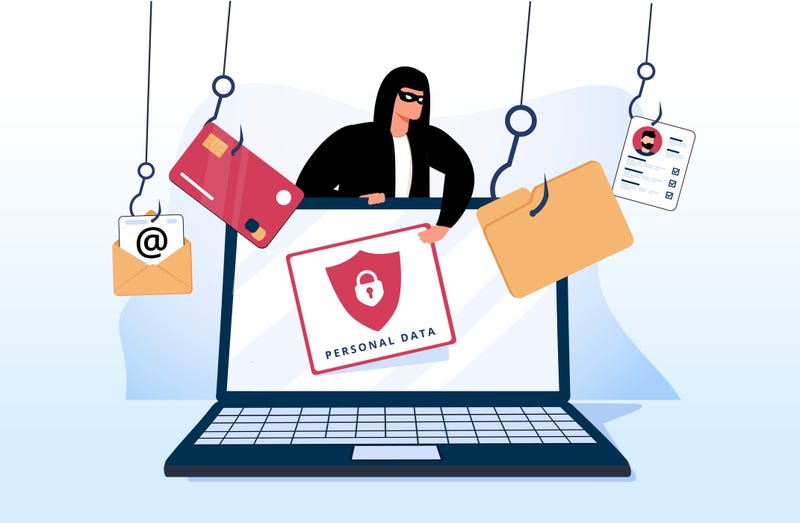
As the holiday season returns, so does an increase in scams, as rapscallions attempt to prey on those who don’t know any better with a blitz of phishing and phone calls.
When shopping for your loved ones this Black Friday, be on the lookout for potential scams that could end up taking you for a ride.
The National Retail Federation is predicting a record high in spending over the 2023 holiday season, and as Cyber Monday has grown more prominent than Black Friday, the need to be aware of potential scams also grows.
Among the scams most commonly seen are phishing emails and texts that require you to click a link to enter information and often come unsolicited.
Whether it be from PayPal, Amazon, USPS, Apple, or any other service or company, the best rule of thumb is if you didn’t request it, the actual company likely didn’t send it.
One easy way to check to see if your emails are actually sent from the company is to look at the email address and confirm it on the company’s website. If it’s a random Gmail or Hotmail email, then it’s a scam.
Other things to be on the lookout for include last-minute rush deals that consumers will have emailed to them directly by scammers pretending to be legitimate retailers.
Links will even be directed to fake websites that appear to be correct but instead steal your information.
The best practice this time of year is to go directly to whatever website or official app you are looking for instead of clicking a link sent to you or using a search engine like Google.
Advancements in security have been made in recent years, with most email providers now offering encryption to ward off scammers. There is also the domain-based message authentication, reporting, and conformance protocol, which helps retailers prove themselves in emails.
However, Proofpoint, a cybersecurity firm, recently published research that showed 52% of the top retailers ranked by the NRF are not fully compliant with that protocol. This means they aren’t being proactive in blocking fraudulent emails from reaching consumers or protecting their websites’ domain names, leaving the door open for scammers.
Robert Holmes leads Proofpoint’s email fraud detection efforts. He spoke with NPR about the situation.
“So one way to look at this is like Gmail on Black Friday or Cyber Monday. It’s kind of like JFK airport over Thanksgiving,” Holmes said. “Imagine you were at JFK airport on one of those days with a lot of people coming and going, and imagine a world where that airport didn’t check IDs or didn’t check passports. That would be a bad world. Lots of nefarious activity would happen on busy days in particular.”
While the deals may say they are ending soon, take your time this holiday shopping season, make sure you’re on the right website, and don’t give your social security number to anyone.
